Is Your Child Struggling with Reading? Vision Focus Issues Could Be the Culprit
Vision focusing is essential for everyone for daily functioning, but it's especially critical for children who are learning to read. Children with vision focus problems might struggle with learning to read and face ongoing challenges. Why is immediate diagnosis important, and how can you help? Find out more.
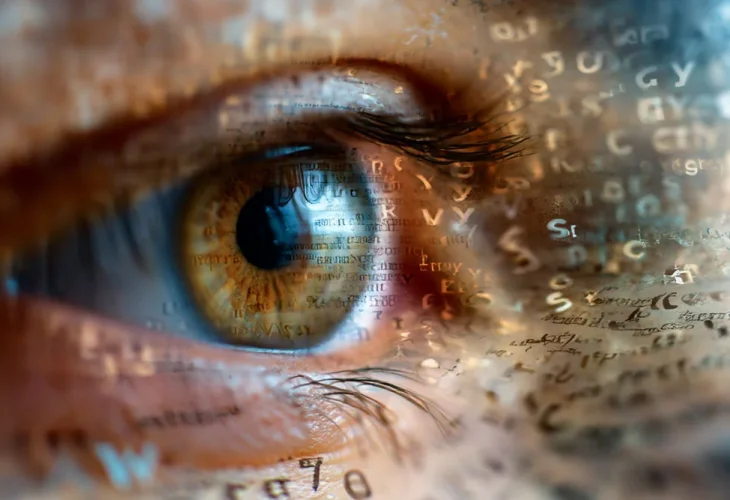
When one of my kids reached second grade and was still struggling with reading, I knew something was off. After nearly two years with a learning support teacher, his reading speed improved only slightly. More than that, each passing day made him more averse to reading, to the point of tears whenever I asked him to try. Eventually, he declared, "Mom, I hate reading!" Sound familiar?
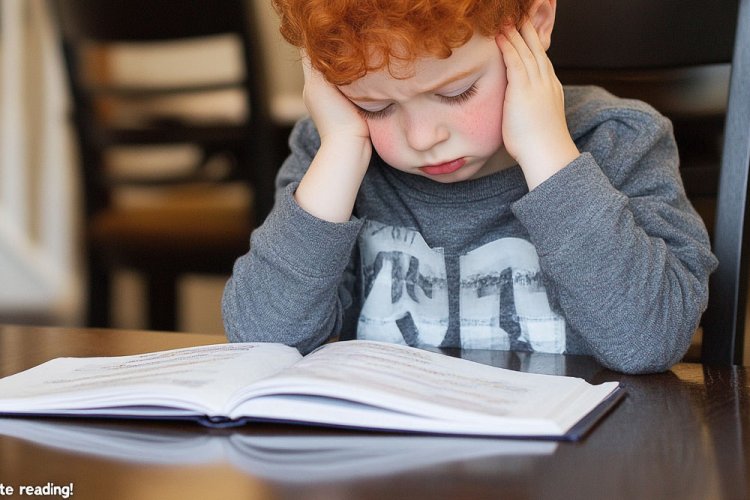
Luckily, for both of us, the dedicated teacher who took him out of class twice a week had a suggestion. "Before running to evaluations and tests," she advised, "take him for a vision focus exam." Sure, my child had good eyesight and didn’t need glasses, but this wasn't a standard eye exam often done at an ophthalmologist, it was entirely different.
The results were not surprising: a weak eye muscle made the natural task of reading into a frustrating and annoying chore for my son. The good news: there is treatment available.
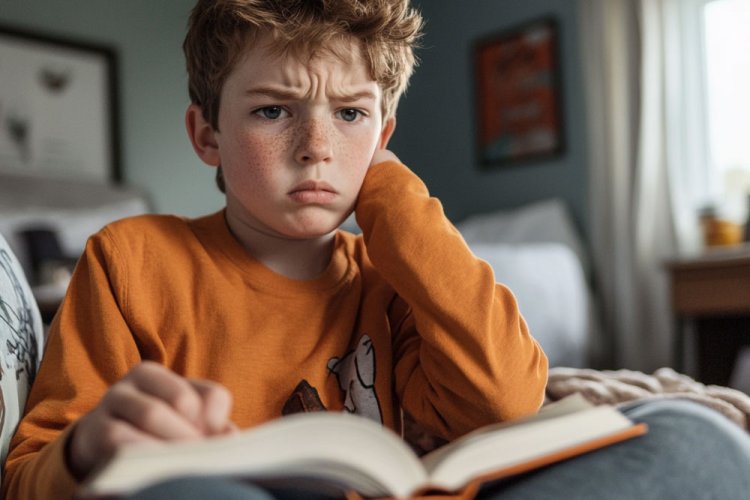
What is Vision Focus?
To answer this, I turned to Chani Landa, a developmental optometrist. She explains that vision focussing is the ability of the eyes to work together so we don't see double. "Just like a camera lens changes focus to different distances," Landa illustrates, "our eye has a lens that alters its thickness for various distances. For example: difficulty copying from the board can indicate a focus issue because the child struggles to adjust focus between near and far and vice versa.
"Furthermore," Landa continues, "eye movements should be smooth, but there are also jumpy eye movements needed for fluent reading. When reading, one must jump from the end of a word to the start of the next, or from line to line. These are small leaps but must be precise, or the child will skip, repeat words or lines, and lose their place in the text."
The last part of defining vision focus relates to visual perception. I asked Landa to explain. "Visual perception is less about eye muscles," she reveals, "it’s about how the brain understands and translates what we see. For instance, a child who finds 'spot the difference' puzzles difficult or struggles to distinguish between similar letters."

How Do You Know If Your Child Has This Issue?
Parents and teachers might notice some signs that indicate vision focusing challenges:
- Worsening symptoms after prolonged reading – If the child complains of fatigue or headaches post-reading, and rubs their eyes — this might point to vision focusing difficulties.
- Clear statements from the child: "I don't like to read," "Reading makes me tired."
- Inconsistent performance – If the child struggles to read texts quickly and accurately, and still reads very slowly despite being at a more advanced stage of learning.
- Moving head while reading – If the child tends to move his head or grimace while reading, they might be trying to focus or dealing with vision focusing issues.
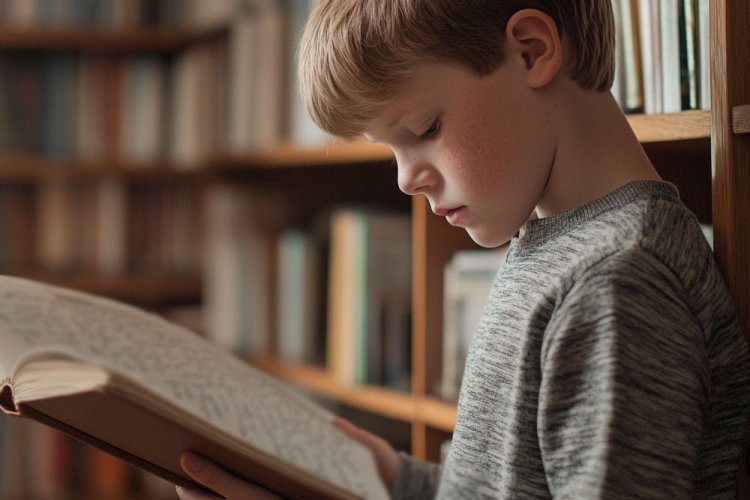
How Is This Diagnosed, and What Does the Test Involve?
If you spot signs of focusing difficulties in your child, it's worthwhile to consult an ophthalmologist and ask for a referral for a vision focus test. The doctor might be hesitant, but insist. Sometimes, it’s worth looking for a test at a private clinic. Tests at a subsidized clinic might not always be cheaper.
"During the test, things like coordination between both eyes, accommodation - focus, eye movements, and visual information processing are examined," Landa explains. "Everything related to the brain and eyes working together properly."
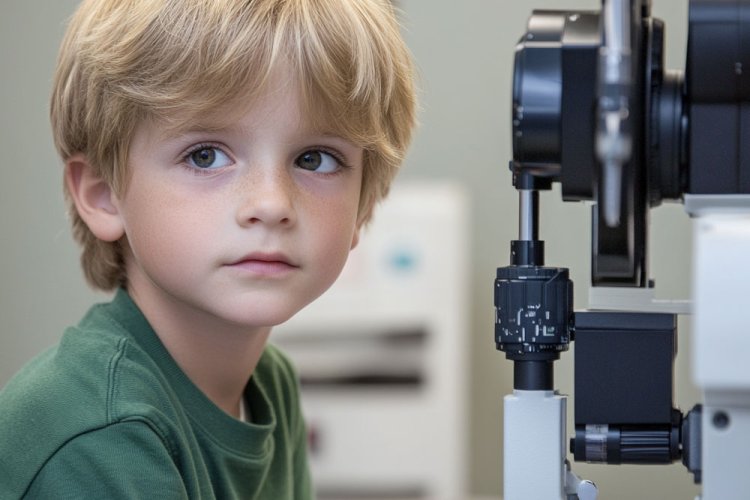
Post-test and diagnosis, treatment options are offered. "Tests are particularly important for children," Landa stresses, "because many learning, reading, concentration, blur, or headache difficulties stem from functional vision problems not detected in routine exams."
Some kids might need glasses, while others could receive instructions for exercises at home, as well as recommendations for clinic therapy sessions—special exercises designed to improve eye focus.
Landa adds that this can significantly change a child’s quality of life: "An exam by a developmental optometrist can accurately identify the problem and create a personal plan for strengthening and improving function," she says. However, she also warns there is much confusion on the topic. "People think it's either annoying eye exercises or prisms (special glasses) – but that's not correct. Sometimes solutions involve prisms, but not always. It’s crucial to visit a specialist who can properly diagnose and explain the treatment options suitable for the child's specific issue."
And What’s Next?
Typically, combined therapy with home exercises yields excellent results. Many parents report significant changes in their child’s approach to reading—from a child who disliked reading and felt frustration and disappointment every time they had to read a text, to a child always searching for an interesting book and reading every word. In my view, the confidence the child gains is worth more than anything.

Vision focusing issues in children can disrupt the reading process, cause frustration and low self-confidence, and undoubtedly impact a child’s daily functioning. Early diagnosis and appropriate treatment can greatly improve the situation. If you are worried your child might have a vision focus problem, don’t hesitate to seek professional advice and ensure they receive the needed treatment.
Good luck!

